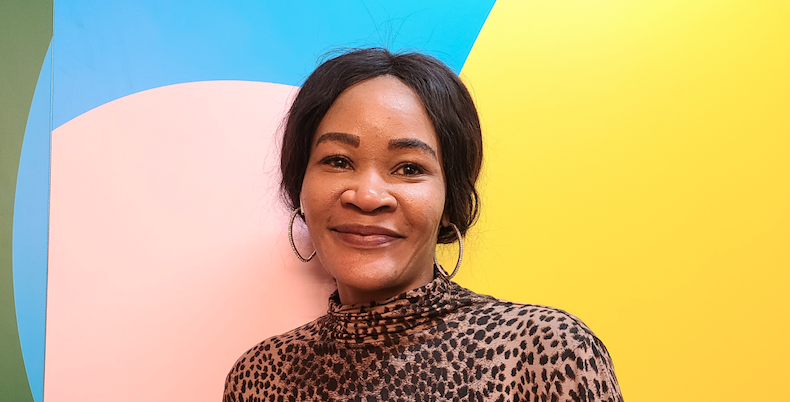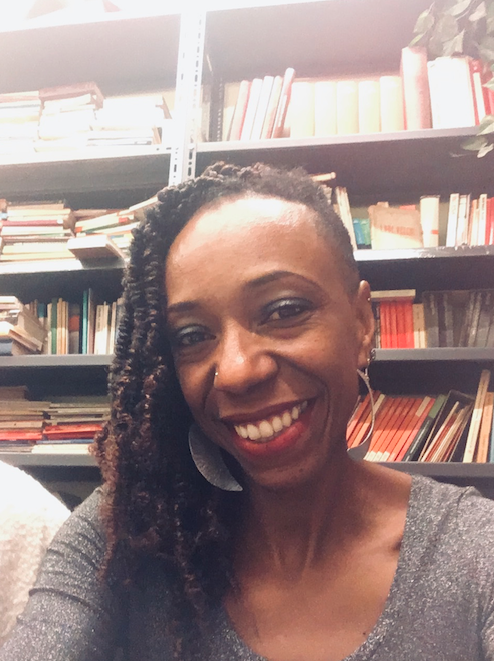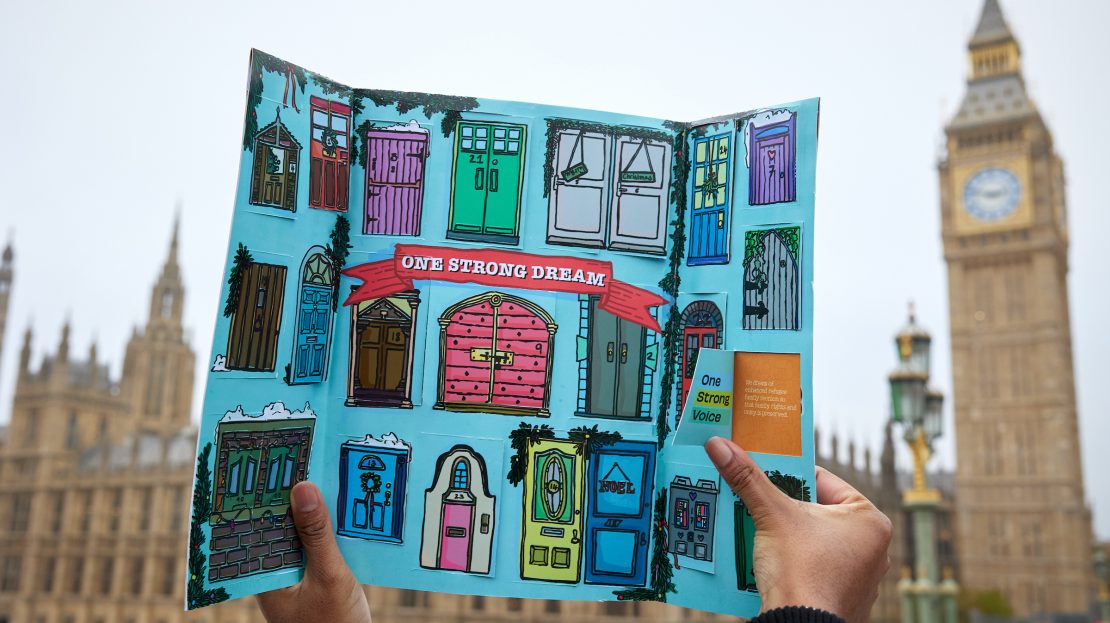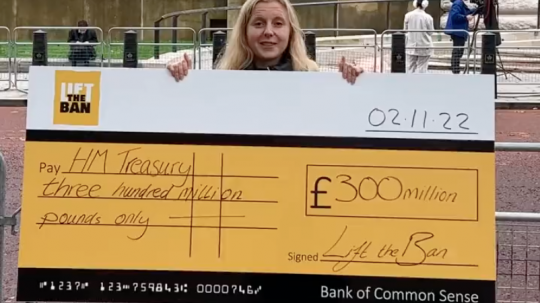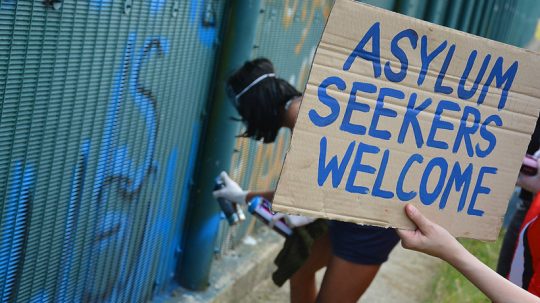“Cross the river in a crowd, and the crocodile won’t eat you”, says an African proverb. This community spirit guides Olivia Ndoti in her mission: to build a network who stand together for their rights and promote integration, creating a sense of belonging for women from all cultural backgrounds in Glasgow. Ahead of International Migrants Day, we hear how women are using their voices to challenge pitfalls in the immigration system.
Based on her own experience of destitution and homelessness, Olivia, a mother of two boys, founded the Women Integration Network (WIN) to support those facing the same issues she did while waiting to leave to remain in the UK, for around 12 years.
It all started during the Covid 19 pandemic. Olivia received many phone calls from families, single women and men asking where to get food because they had no recourse to public funds (NRPF). Many of these calls come from destitute people or asylum seekers relying on food banks, which have been closed during the Covid 19 pandemic.
No recourse to public funds means no access to mainstream welfare benefits, housing, or homelessness assistance from local authorities.
During the 12 years Olivia was waiting for her leave to remain in the country, she was not allowed to work, but she volunteered in many community groups and organisations. So, she knew where to turn for help in Glasgow.
“Many mothers were crying on the phone as they spoke to me”, explains Olivia. “I also found myself crying back with them as I reflected on my difficult situation when I was destitute with a baby and NRPF.”, explained Olivia about how she started WIN.
Supported by the charity Poverty Truth, a small group of women started meeting every Thursday at The Pyramid, a community space in Anderson, Glasgow. The group is growing and is a safe space for women from all backgrounds to build friendships, find help, know about their rights, and not feel isolated.
Changing pain into opportunities
Originally from Lusaka, Zambia, Olivia lived in Malawi before coming to the UK, where her mother was a diplomat. In 2004, she fractured her spine in a severe road accident. The surgery she needed couldn’t be done in Malawi or Zambia due to health services limitations. So, in 2005 she got a visa and moved to the UK for health reasons.
Her visa expired, and Olivia appealed three times, with many refusals. Olivia did not have access to public funds and not allowed to work under UK law.
When Olivia had left an abusive relationship, she was pregnant and struggled to receive the support she and her unborn child were entitled to by law. Destitute and with a newborn, she felt the weight of the asylum system in her shoulders.
Poverty, a hostile asylum system with long waits for decisions to be made, not being able to work while waiting, trauma from the violence they have experienced, isolation and loneliness are some of the many challenges asylum seeker women face, explained Gillian Wilson, CEO of Community Info Source, an organization working with marginalised communities in Glasgow. “Their asylum claim should be dealt with a timely way, not making people wait. They should be provided with safe accommodation”, said Gillian.
A research report by the charity Women for Refugee Women reveals the experiences of violence and abuse women face when they are refused asylum and made destitute.
In 2017, Olivia was granted leave to remain in the UK. Now, she dedicates her life helping other women who face the same issues she did.
“Olivia’s work supporting migrant women is vital because the impact of NRPF is devastating and many struggle to secure essential support,” says Natalia Farmer, lecturer in social work at Glasgow Caledonian University. “Olivia’s passion and dedication supporting those experiencing the injustice of NRPF is evident and she consistently challenges oppression and discrimination through the community projects and initiatives that she is involved with. During the years I have known Olivia, her work has been integral to bring about social change for many.”
Natalia met Olivia when she conducted ethnographic fieldwork at The Women Asylum Seeker Housing Project (WASH)and Olivia provided evidence to the Scottish Government Equalities and Human Rights Committee on the issues that affect marginalised communities and individuals.
As a campaigner and community activist for social justice, Olivia is determined to help the migrant communities who face some of the same challenges she did. Last year she concluded a bachelor’s degree in Community Development and this year she began a master’s degree in global migration and social justice, expanding her knowledge on the field. “We have a powerful voice, let’s used it”, she says.

